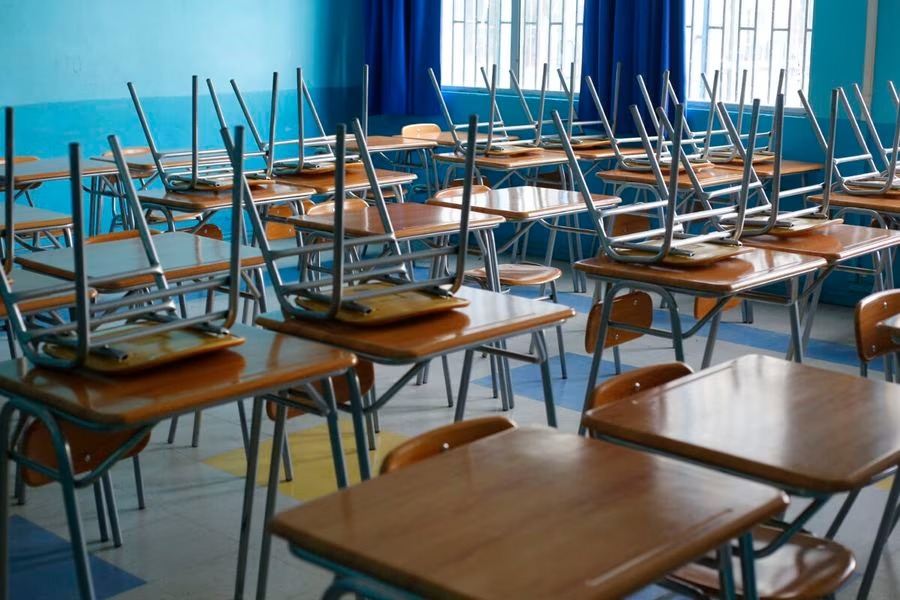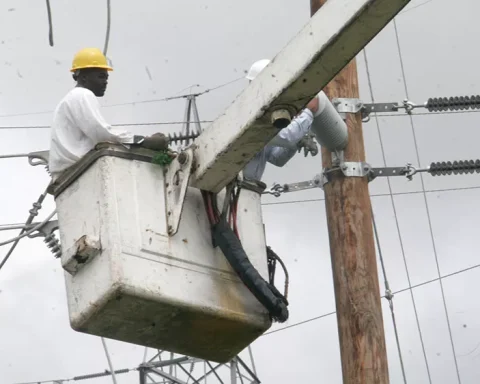London, (EFE).- During the covid-19 pandemic, school-age children experienced learning delays and a loss of knowledge and skills equivalent to approximately 35% of the total learning of a school yearaccording to a study published Monday in the journal Nature Human Behavior.
This conclusion is based on an analysis of 42 studies conducted in 15 high- and middle-income countries, the publication adds.
Studies indicate that these delays are more pronounced in mathematics than in reading, especially among schoolchildren from disadvantaged backgrounds.
An estimated 95% of the global student population was affected by school closures during the pandemic.
Previous research has suggested that educational progress may be jeopardized by hybrid teaching.
The effect of limited face-to-face instruction may also have been exacerbated by mental and physical health problems related to economic uncertainty, somewhat more pronounced for children from lower socioeconomic families.
Bastian Betthäuser, from Sciences Po University, Paris, and colleagues assessed educational problems, such as delayed progress and a loss of already-acquired skills and knowledge, during the pandemic to see if these varied across different age groups. students.
To do this, they reviewed the evidence of 42 studies published between March 2020 and August 2022, from 15 countries: Australia, Belgium, Brazil, Colombia, Denmark, Germany, Italy, Mexico, the Netherlands, South Africa, Spain, Sweden, Switzerland. , the UK and the US.
The authors found that learning progress slowed during the pandemic, and that the lack of learning persisted at least until mid-2022.
The researchers indicate that these problems can be equivalent to 35% of the learning of a school year, but they observed that the difficulties were greater in mathematics than in reading, possibly because progress in mathematics depends more on formal instruction than in the case of reading. the reading.
They also found that existing inequalities in learning between children from lower and higher socio-economic backgrounds widened during the pandemic.
The authors stressed that the results highlight the need for policy initiatives to recover the loss of educational learning and provide additional support to affected children.
Also, the researchers found no evidence on learning difficulties in low-income countries, so they have recommended emphasizing these countries as a priority for future research.

















